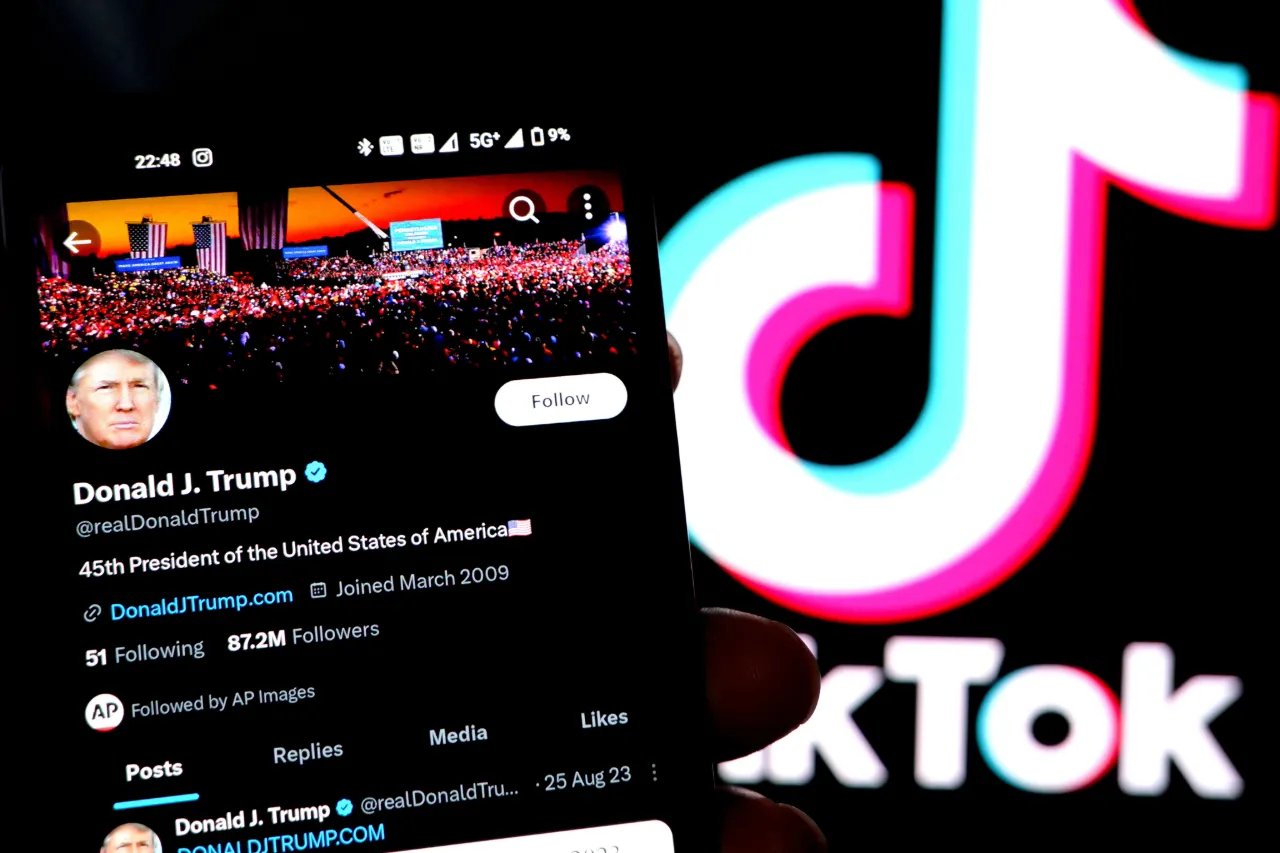TikTok argues to justices: 'No legitimate reason' for 'propaganda prevention' measures
An American buyer will not acquire TikTok's platform, as its owner has threatened to withdraw from the US market.

The Supreme Court will hear oral arguments on Friday morning regarding whether TikTok must divest from its Chinese parent company or be banned in the US. This closely watched case involves a conflict between national security concerns and free speech protections. Both conservative and liberal justices seem to be doubtful of TikTok's arguments.
If justices do not intervene or ByteDance agrees to sell, TikTok will be banned from operating in the U.S. by January 19th. The focus of oral arguments is on the First Amendment protections that should be granted to TikTok and its foreign owner, ByteDance.
In oral arguments on Friday, Noel Francisco, TikTok's lawyer, argued that the U.S. government has no legitimate reason to restrict foreign propaganda on the platform and that TikTok and its owners should be granted the highest level of free speech protection under the U.S. Constitution.
Francisco argued that TikTok should be granted First Amendment protections as it is a U.S.-incorporated subsidiary, according to him.
The lawyer representing TikTok was questioned about the Chinese government's influence on the app and ByteDance's control over the algorithm that displays specific content to users.
Francisco stated that although some parts of the recommendation engine are owned by the Chinese government, TikTok is still operating in the United States.

The Supreme Court has previously ruled that speech by foreign governments or individuals does not receive full First Amendment protections.
The Biden administration contends that the law targets the company's control of the app, which attorneys for the administration argue could pose "grave national security threats" to Americans rather than its content.
The administration's lawyers will argue that Congress did not impose any restrictions on speech, based on viewpoint or content, and therefore fails to meet the criteria for free speech violations under the First Amendment.

The decision of the court could significantly affect the approximately 170 million individuals who utilize the app.

In December, the justices agreed to an expedited hearing and will have only nine days to make a ruling before the ban goes into effect on January 19.
Live updates are now available as oral arguments commenced at 10 a.m.
politics
You might also like
- California enclave announces it will cooperate with immigration officials and the Trump administration.
- Danish lawmaker urges Trump to abandon Greenland acquisition plan.
- Now, the Dem who labeled Trump an "existential threat to democracy" is obstructing his nominees.
- The lawyer for Hegseth criticizes the "dubious and inaccurate" testimony of his ex-sister-in-law.
- The House GOP outlines a plan to improve the healthcare system, emphasizing its impact on national defense.



















